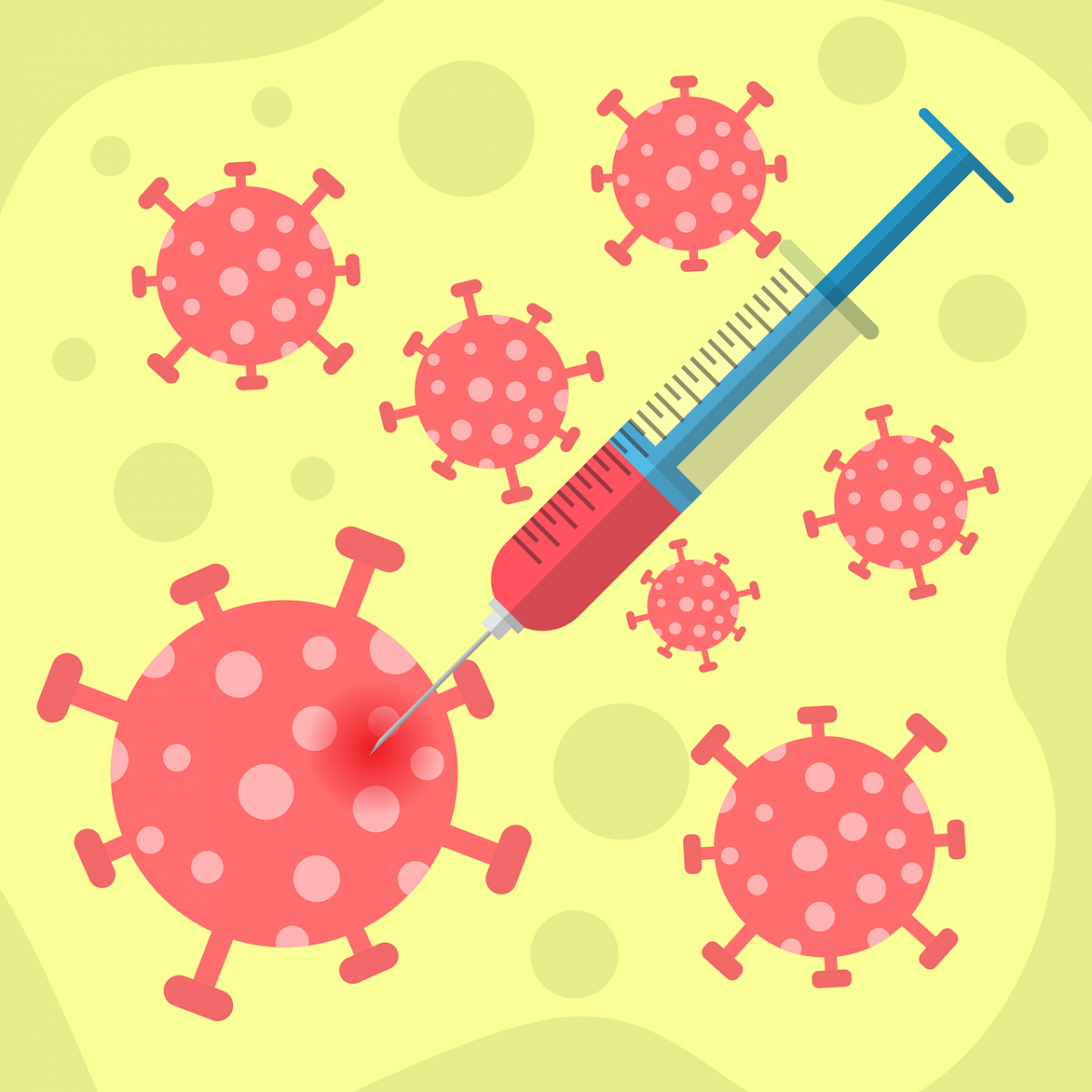Recent years have seen incredible progress in the healthcare industry because of innovative research and state-of-the-art technology. Precision medicine represents a novel strategy at the vanguard of medical development that holds the potential to revolutionize the understanding, diagnosis, and treatment of chronic illnesses.
Precision medicine acknowledges that a multitude of intricate elements, such as our genetic composition, lifestyle decisions, and living environment, interact to determine our overall health. Precision medicine aims to deliver a more customised and efficient approach to healthcare as opposed to using a one-size-fits-all method. Its main goal is to protect and enhance health by carefully evaluating these many components and adjusting actions as necessary.
Precision medicine takes behavioural and environmental factors into account in addition to genetic considerations. Healthcare professionals may create individualised treatment programmes that are not only successful but also precisely tailored to each patient’s specific needs thanks to this comprehensive approach.
A phrase that is frequently used synonymously with precision medicine is “precision health.” Precision health has a more all-encompassing strategy, whereas precision medicine concentrates on tailored disease risks and treatment approaches. Beyond the walls of a hospital or doctor’s office, it includes health promotion and illness prevention. The goal of precision health is to provide people the tools they need to take charge of their health and make wise choices about their food, exercise routine, and other lifestyle aspects.
Precision health is powerful because it can better anticipate, prevent, cure, and control diseases in populations as a whole, not just in individuals. Proactively ensuring a healthy future is just as important as responding to health problems as it is to act reactively.
In order to create healthier communities, precision health is a team endeavour rather than a solo endeavour. A big part of this is the work that public health programmes, often called “precision public health,” do. By emphasising prevention above only treatment, these programmes seek to improve the health of whole communities.
Precision health and medicine hold real potential, not just empty promises. It is coming to pass rather quickly. Healthcare is moving towards a more specialised and focused approach thanks to developments in genetic analysis, the availability of personalised health data, and the integration of lifestyle and environmental data. We are about to see a revolution in healthcare as the available resources and expertise keep growing.
In the far future, your physician will be able to determine your exact illness risks and provide therapies that are tailored to your needs. This is the essence of precision medicine—a window into the real personalised healthcare of the future.
People will be able to make decisions about their health in the future depending on their surroundings, lifestyle, and genetic predispositions. For instance, you can lower your chance of developing a certain disorder if your genetic composition suggests that you are susceptible to it, thereby delaying the beginning of the illness.
Precision health and precision medicine are more than simply catchphrases; they signify a change in the healthcare industry towards a more individualised and accurate approach. We are approaching a time where healthcare is not just reactive but also predictive and preventive as these strategies develop and are more thoroughly incorporated into healthcare systems.
Enhancing health outcomes, cutting healthcare expenditures, and raising both individual and community quality of life are just a few of the many possible advantages. Precision medicine and precision health hold the keys to unlocking this potential future in healthcare, which revolves around personalization, prediction, and prevention. It’s a journey towards greater health, one person at a time, and as a team effort for more wholesome communities.
Are you captivated by the boundless opportunities that contemporary technologies present? Can you envision a potential revolution in your business through inventive solutions? If so, we extend an invitation to embark on an expedition of discovery and metamorphosis!
Let’s engage in a transformative collaboration. Get in touch with us at open-innovator@quotients.com
Tag: Precision medicine
The healthcare industry is changing, therefore it’s critical to use new technology to provide new data and help the development of precision medicine (PM). Recent scientific and technical developments have increased our knowledge of illness causation, altered how diseases are diagnosed, and modified how they are treated, making it possible to provide each patient with more precise, powerful, and individualized healthcare. There seems to be a connection between certain illnesses and genetic, genomic, and epigenetic changes.
Precision oncology is an important development in the fight against cancer. It is a cutting-edge kind of cancer therapy that makes sure your care is tailored to a particular type of cancer. It’s the science of tailoring a patient’s treatment plan based on the unique genetics of each patient—the genes that are altered, driving their disease to spread. Precision oncology experts can select a tailored medication for the exact gene alterations that are really causing your cancer after they have identified them. The most recent development in cancer treatment, targeted therapy, offers significantly better outcomes with fewer side effects than conventional chemotherapy. It holds the potential for greater effectiveness, better therapy, and decreased costly and inefficient treatments. The strategies range from the use of targeted medicines to the use of data from next-generation sequencing.
Now with Genomics i.e. the study of all of a person’s genes, new, analytical scientific, and technical advancements have been made, and we may create customized medicines for specific patients or patient populations. The landscape of treatment is shifting as a result of significant advancements in fields like cell and gene therapy, particularly in cancer and uncommon disorders. Precision oncology can also help in the creation of therapies that specifically target a patient’s tumor’s molecular traits. The approach uses tumor specimens for genetic and other molecular studies to enhance cancer diagnosis and care. Precision oncology not only identifies therapy alternatives but also monitors a tumor’s molecular response to an intervention, identifies drug resistance, and studies the mechanisms by which it arises.
In order to fully understand the patient’s germline, tumor exome, and tumor transcriptome, integrative genomics may involve sequencing certain gene panels, exomes, or the complete trio. Despite the fact that sequencing technology’s capabilities are constantly expanding, logistical, regulatory, financial, and ethical issues have prevented the clinic from adopting genomics-driven precision oncology widely. The clinical treatment of cancer patients may be enhanced by integrated clinical sequencing programs used at the point of care. Also, important work remains to prepare the oncological ecosystem to leverage the full potential of personalized medicines.
We have solutions that are advancing innovation and assisting the healthcare industry. Write to us at open-innovator@quotients.com if you’re interested in learning more about these cutting-edge solutions and their expanding use cases.
Precision medicine or precision health, also called personalized medicine, helps medical professionals find an individual’s unique disease risks and treatments based on his unique biology and life circumstances. Precision Health focuses on predicting, preventing, and curing disease before it strikes.
This approach is a fundamental shift to care that empowers people and allows doctors and researchers across medical disciplines to determine the best care for each individual patient; identify disease mutations in patients with undiagnosed conditions. It also helps avoid serious side effects from medications and takes into consideration genetic risk factors.
To provide personal, comprehensive, and effective care, precision health starts with a comprehensive consultation where the current health status, medical and family history, personal health objectives, etc are discussed. With this biometrics, and other functional and physical examination is done to diagnose any diseases or conditions, and to identify their root causes. Comprehensive lab tests are also done and detailed results are studied to gain an even better understanding of the patient’s health profile.
Precision healthcare providers then develop an exhaustive plan customized to the patient’s unique needs. The medical plan addresses the current disease or illness, the root cause of the disease, and reversing any factors that give rise to the disease. Drivers of imbalances in the body’s biological systems, physiological processes, assimilation of nutrients, inflammation or energy production, etc are also taken care of. Multimodal strategies concerning lifestyle factors like diet, nutrition, exercise, and stress management are also adopted to optimize health and improve a patient’s health Regular monitoring is also done to assess progress and evaluate the effectiveness of the care plan. A full reassessment of each patient is also done yearly like a physical and functional exam, biometric measurements, and lab tests.
Precision medicine and artificial intelligence (AI) working together might completely transform the medical industry. Precision medicine techniques isolate patient phenotypes with less frequent responses to therapy or particular medical requirements. Through the use of complex computing and inference, AI helps to develop insights, allows the system to reason and learn, and enhances clinical decision-making. Recent literature suggests that translational research examining this convergence will aid in resolving the most challenging issues facing precision medicine, particularly those where nongenomic and genomic determinants will facilitate personalized diagnosis and prognostication along with data from patient symptoms, clinical history, and lifestyles.
Verily, a subsidiary of Alphabet is using a data-driven approach to change the way people manage their health and the way healthcare is delivered. Launched from X in 2015, Verily relies on the increasing ability to use the power of technology to create new tools to generate evidence, new infrastructure to handle data, and new business models that can deliver on the promise of precision health. It generates and activates data from a wide variety of sources, including clinical, social, behavioral, and the real world, to arrive at the best solutions for a person based on a comprehensive view of the evidence. The company for this uses its recognized expertise and capabilities in technology, data science, and healthcare to enable the entire healthcare ecosystem to drive better health outcomes.
Reach out to open-innovator@quotients.com to know more about open innovation updates, programs, and collaboration opportunities.








